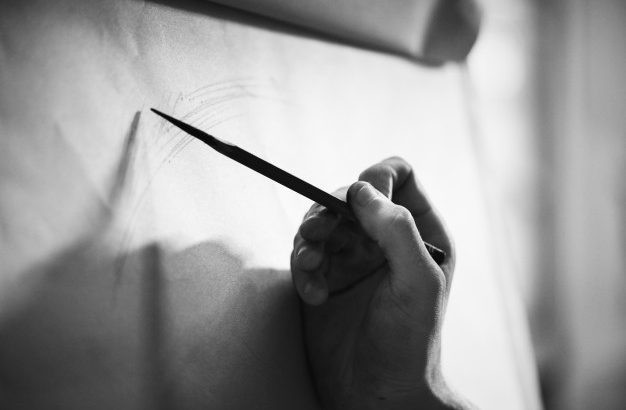Fr Martin Delaney reflects on a powerful memory
At the end of the summer of 1986, my classmates came together to celebrate our ordinations which had taken place at various venues in the previous few months. As part of our gathering, Fr Aidan Ryan who had been our Spiritual Director in college led us in a little reflection. Part of that reflection was a parable which I have never forgotten:
An old man had a little shop near a school. In the shop he sold all kinds of things for the children in the school. However this man had quite a fascination with pencils. In the shop he stocked all kinds of pencils: little ones, big ones, thin ones, fat ones and all colours, shapes and sizes. The shopkeeper was quite eccentric and, among other things, he used to talk to the pencils.
The time came for the man to retire and sell his shop and all the stock in it.
Scattered
One evening he was in the shop and all that was left on the shelves was an enormous box of pencils. He turned the box of pencils out on the counter and he began to speak to them. He said to them: “Everything else is gone and now you will have to leave me as well. You are going to be scattered to all corners of the world. Before we part company there are a few things I would like to say to you, by way of advice.”
The five pieces of advice he gave to the pencils are, I believe, five very important pieces of wisdom for all of us in our lives.
Firstly, the man said to the pencils: wherever you end up, the one thing each of you will be asked to do is make your mark in the world.
Secondly, the mark that you make must come from the centre, the heart because, of course, it is the lead and not the wood that does the writing.
The third thing that the man said to the pencils was that there will be times when you need to be paired back and sharpened so that you can make your mark better. This by its nature will be painful but always necessary.
Fourthly, don’t forget that the little eraser on the end is very important. There will be times in your life when you will make mistakes and other people will make mistakes and it will be important to rub those mistakes out and begin again.
The fifth and final thing that the man said to his pencils was the most important of all. He said wherever you end up always remember that you are but an instrument in the hands of somebody much greater than yourself.
A Sense of History
It’s the time of year when many priests are packing their boxes and moving to a new parish. I was reminded of the following true story told by the late Seamus Heaney. Seamus was traveling from Derry to Waterford and his route took him through Co. Wexford. He saw a signpost for historic Boolavogue. He turned off the main road but after driving a few miles he thought he had gone too far. He stopped to ask a local for directions. Sure enough, the man told him that Boolavogue was back in the direction Seamus had come.
Wishing to establish his credentials a little more firmly, the Derryman asked the Wexford man: “Boolavogue’s the village where Fr Murphy lived, isn’t it?
“That’s right,” replied the Wexfordman, “but there’s a new man there now!” That’s what I call a sense of history!
Black and White
Attending a wedding for the first time, a little girl whispered to her mother: “why is the bride dressed in white?”
“Because white is the colour of happiness and today is the happiest day of her life,” replied her mother.
The child thought about this for a moment and then said: “So why is the groom wearing black?”



